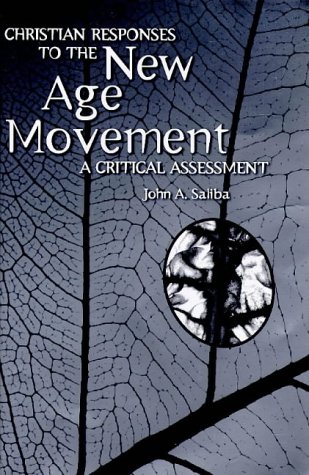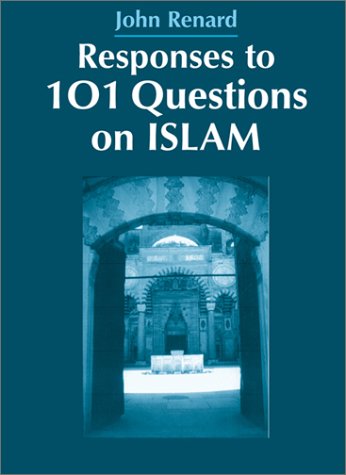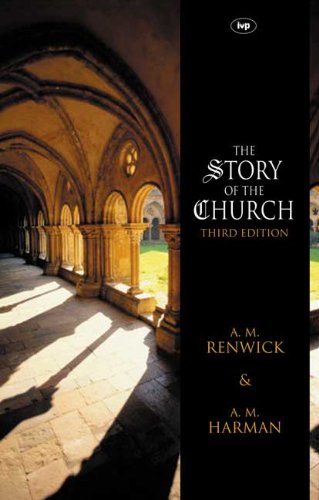The Millennium and the Book of Revelation
Written by R.J. McKelvey Reviewed By Alan GarrowThis book covers a review of millennial hopes (part one) and a commentary on the Book of Revelation (part two). McKelvey’s historical survey is entertaining, informative and accessible. Beginning with the church fathers he runs through the centuries to consider some of the political, social and theological changes that gave rise to the multiple interpretations of the millennium that we know today, including those of the Jehovah’s Witnesses and sections of the New Age movement. He also provides an overview of how changes in millennial theology have influenced the missionary movement. This kind of background is not covered in the standard commentaries; it provides a valuable example of how circumstances can influence interpretation (especially of a book such as Revelation), and how interpretation can find expression in Christian action.
McKelvey’s breezy style is also applied to his commentary on Revelation (part two). However, Revelation is less receptive to this kind of treatment than is a historical survey. McKelvey is bound, because of his approach, to brush past issues that are of considerable complexity and vital importance to his thesis. He argues that the appearance of the rider named ‘faithful and true’ (19:11–21) should not be interpreted as specifically pinpointing the Second Coming of Christ, and that the millennium that ensues (20:4–7) should not be taken as chronologically inseparable from that Coming. This demands a particular view of the structure of Revelation and yet that issue of structure is considered, somewhat vaguely, in just thirty-two lines. This is not to say that McKelvey’s view has no merit, simply that his ambitious thesis ought to be supported by a more detailed examination of how event sequences work in the text as a whole. Further, he must provide an explanation of why Revelation should be seen as unique in its seemingly post-modern approach to narrative when compared with other apocalypses of the period.
For those who are mystified by the origins and practical consequences of pre-, post- or a-millennialism, this short book provides an enjoyable introduction. For those who wish to grapple with the complexities of Revelation itself in an effort to reach their own conclusions regarding the significance of the millennium, this book presents an unusual view that deserves consideration. However, McKelvey’s thesis is one which requires a more detailed defence if it is genuinely to compete in the crowded arena of millennial ideas.
Alan Garrow
St Albans and Oxford Ministry Course







